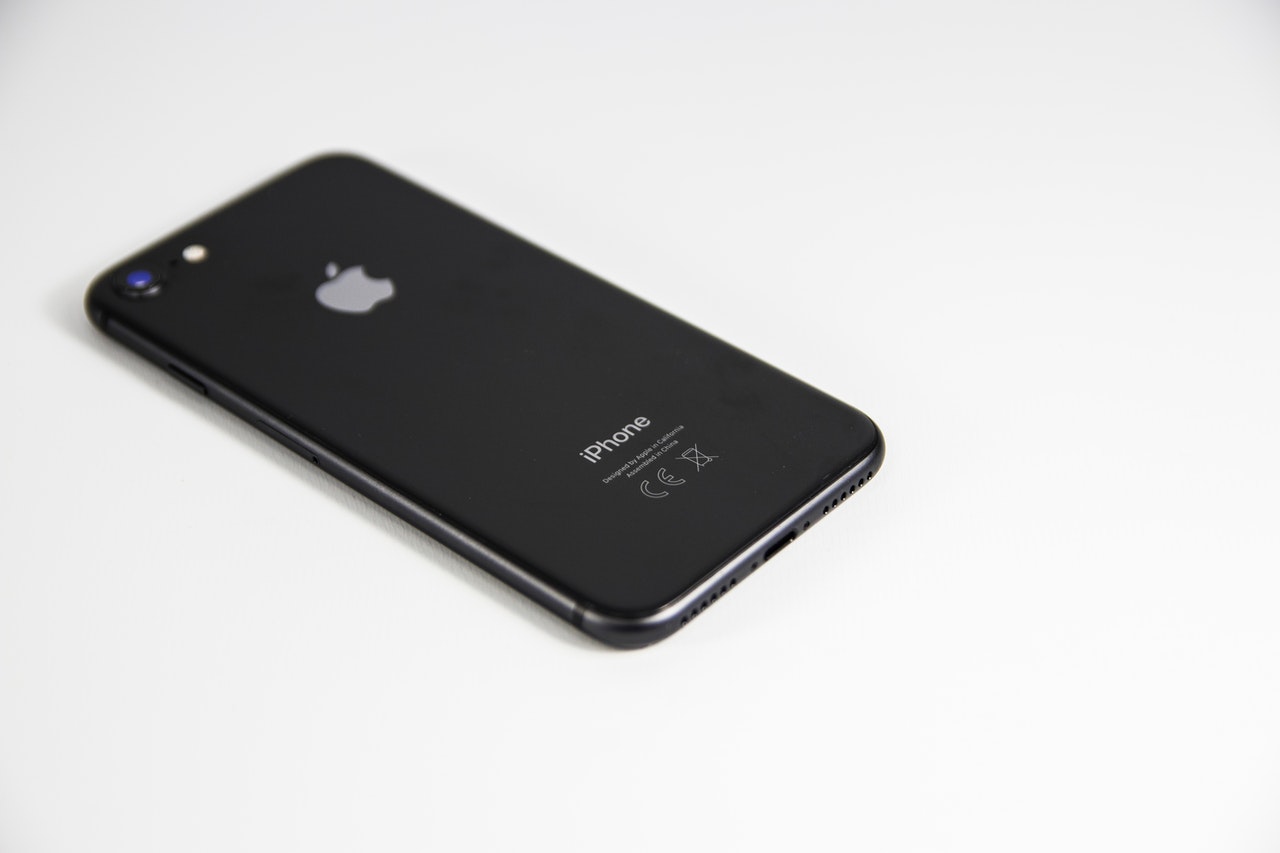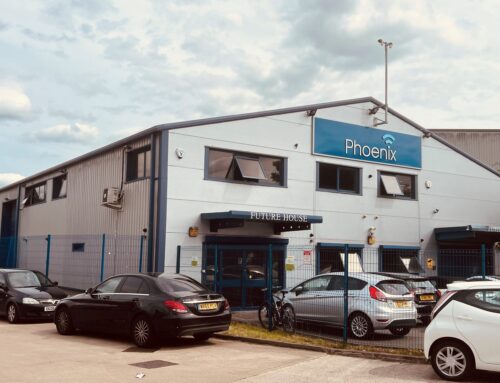The UK government’s ‘work from home’ directive officially ended in July. But there is little sign that home working will fade away with the pandemic.
According to a survey carried out by the BBC, 70% of workers believe they will never return to the office at the same rate they did prior to COVID-19, while the ONS says both businesses and workers are united in their preference for a ‘hybrid’ approach to work in the future, combining both home and office working to suit the needs of both.
From the business owners’ perspective, the most commonly cited reason for allowing greater flexibility in working arrangements is improved staff well being (80%). However, close to half of employers also cited increased productivity and reduced overheads.
Lowering costs by encouraging staff to work from home more often can work both ways, though. Yes, there is the argument that, looking longer term, businesses will be able to save money by running smaller offices, with lower rents, lower heating and electricity bills, lower equipment costs etc.
But home workers cannot be completely left to fend for themselves when it comes to having the gear and resources they need to work. To support greater fluidity in working between the home and office, there is a strong argument for finally replacing the office desktop with a company laptop for every employee – something some firms have been pushing for a number of years anyway.
And then there are mobile phones. Mobiles have become increasingly common in the workplace, although for cost reasons many employers have preferred a ‘Bring Your Own Device’ (BYOD) approach where staff are encouraged, if they want to use a mobile for work purposes, to use their own.
Security, flexibility, affordability
Post-pandemic, however, mobiles will become less an optional extra and more a core requirement. Increased flexible working is also likely to see a spike in the use of mobiles for critical work tasks. One survey from the US, for example, found that mobiles were being used to carry out more and more financial transactions for business during the pandemic. Does any company want to take the security risk of staff paying accounts from their personal phone?
The alternative, then, is to buy all staff a company mobile. But that’s an expensive prospect, especially if your company has already instigated a take-home laptop scheme.
It becomes less expensive, however, if you consider buying refurbished mobile phones rather than brand new. As we detailed in this article, when you are buying phones in bulk for your staff, refurbished phones can slash thousands off the cost of buying new, with a typical per-unit saving of a third or more for business-class models.
Fully tested and reset to an ‘as new’ factory condition, refurbished mobiles come with a typical 12-month’s warranty guaranteeing performance as good as any brand new model. At a time when changing working arrangements are going to make mobile technology increasingly critical to every business, choosing refurbished over new represents a sensible commercial solution – a way to obtain top-quality smartphones for your entire workforce, at a cost that makes sense to your business.
Speak to a member of our trade team today on +441270 449999 or email sales@phoenixcellular.co.uk



